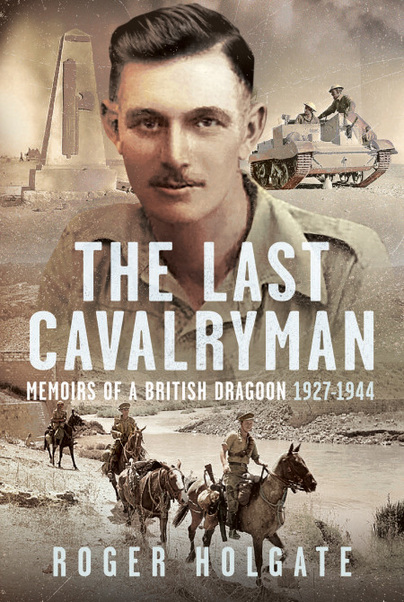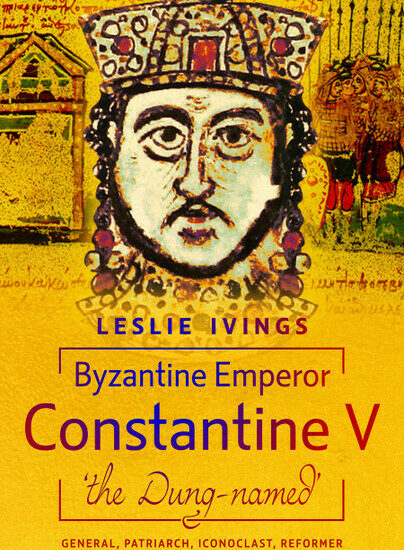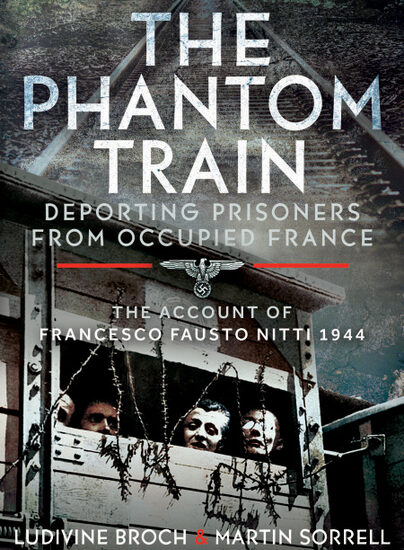THE LAST CAVALRYMAN. Memoirs of a British Dragoon, 1927-1944
Author guest post from Roger Holgate.
When I finally sat my father down to tell me all about his life in the army, I confess that I didn’t think I would be making a unique, historically important record… but that’s exactly what happened during those weeks when I coaxed him into remembering people, places and events that would otherwise have been lost forever.
I suppose that most people view personal memoirs as a series of anecdotes that only have relevance to the person writing them down, and to their immediate family, and that’s how I thought Dad’s stories would end up: as a record of his life that I could print off on my computer and distribute to my brothers and sisters while there was still time. What I found was that I’d written down a series of anecdotes that addressed a well-known period of history from a very personal and unique perspective that could be appreciated by anyone.

Starting out in his birthplace of Leeds, in 1927, “The Last Cavalryman” follows the experiences of an ordinary man who wanted to join the cavalry because he liked cowboy films and the milkman’s horse. It goes on to describe how he became an expert horseman who took part in the army horse trials and a film version of the Charge of The Light Brigade, before moving to the Northwest frontier of India and fighting against a warlike tribe from across The Khyber Pass.
After leaving the army he tried to find work at the Railway Workshops in Doncaster and found my mother in the process.
When Hitler invaded France in 1940, Dad was in the Territorials, as a musketry instructor with The Queen’s Own Yorkshire Dragoons. In Danum Road, Doncaster. As the senior, experienced NCO, he was tasked with teaching the influx of new recruits to ride, before they set off for France on 1st January, 1940.
From France, the 5th Cavalry Division moved to Syria, where the Yorkshire Dragoons, led by the youngest ever winner of The Grand National, took part in the last, horsed cavalry engagement, against the Vichy Jebel Druze horsemen.

They then became the last active, horsed cavalry regiment in the British Army, when they were converted to motorised infantry and took part in camouflage activities that hid 8th Army’s weaknesses from the enemy, before being plunged into the horrors of desert warfare.
The battles for Gazala, El Alamein, Tobruk, Mareth, Tunis, Anzio and Rome have all been thoroughly researched and recorded, but Dad’s accounts, liberally laced with stories of chats with the enemy, how to capture an enemy tank, being wounded in a dive bomb attack and the consequent experience of medical facilities in North Africa, and many others, provide what I think is a uniquely detailed picture of these events.

His letters home provide an intimate glimpse into the hopes, fears, and tribulations of a family separated by war for almost five years. In them, he records incidents that are vivid with the immediacy of the moment. They capture a series of snapshots in time that need and deserve to be preserved forever. That’s why I wrote “The Last Cavalryman,” and why I hope you enjoy it.

Order your copy here.

